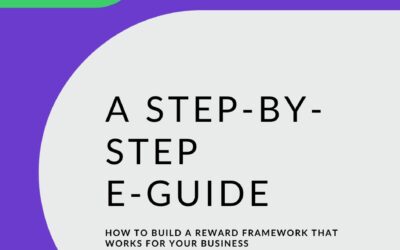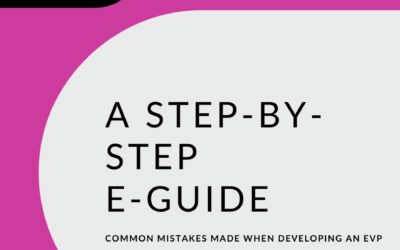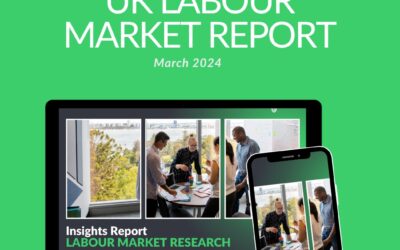Firstly, I want to say that data is a key component of what we do. Either through primary recruitment research, analysing recruitment data or interrogating external reports it is an important part of delivering a broad, contextual solution.
However, the increasing amount of data sources can lead to confusion and even worse the development of people strategies which are based on sound bites or headlines. Considering the context, challenging the content, understanding the reasons for the recruitment research and applying it to anecdotal views are vital to form a well-rounded and comprehensive plan.
For example, already this month I have read that “Vacancies hit a post recession high” in November, according to Adzuna research. Whilst the headline is accurate it does not tell us how many vacancies were seasonal or how many advertised vacancies were duplicates. Also, in 2015 there were “declining salaries“, is this because more lower level roles were advertised, organisations used alternative methods to recruit for their more senior roles, or fewer senior vacancies arose, or infact are salaries really dropping? Not according to Investors In People who state that pay is on the increase over recent months.
In the same IIP report I read that “NEARLY half of the UK workforce will be looking for new jobs in 2016“, this will create concerns for those responsible for retention and excitement for those responsible for attraction. However, before you react depending upon which camp you sit in – be aware that this survey was completed by 2000 respondents – not half of the UK workforce.
Before I get challenged on a lack of marketing understanding, I get that the headline is there to attract readers, what I am saying is that I think that this information can be valuable when reading beyond the headline and the forewords.
Conflicting information does not mean that some of it is irrelevant. What is likely is that the questions may be phrased differently on similar subjects, that the marketing machine has applied some poetic licence to the promotional process or different information sources may have been used.
In 2016, if you are not considering external sources of information you are likely to be poorer for it. However, if you are only considering the headline or failing to interrogate the data then you are increasing the chances of making the wrong decisions.
Every day my colleagues and I apply recruitment expertise to data – it’s what we love to do – turning it into information to build recruitment plans and provide recruitment insight to in-house recruitment teams. The independent challenging of historic practices and performance, along with the unbiased assessment of candidate views, trends and market activity and industry statistics means that we can apply context, fact and objectivity.
So, whether you are the CEO/MD responsible for the long term sustainability of your organisation, or the HRD with accountability for attraction and retention, take time to increase your awareness of internal and external trends, but ensure that you and your team can objectively consider it in context, what it means to you and how to use it, so that you have the best people in your organisation.
Or drop me a line at marcdrew@cogitotalent.com to understand how we conduct and apply recruitment research which could help you gain a greater return on your recruitment budget.
Happy New Year!!!
Marc Drew is the Managing Director of Cogito Talent Limited, a direct hiring consultancy helping organisations to improve recruitment effectiveness. To understand more about how we do it visit www.cogitotalent.com, or call 0117 456 3390







